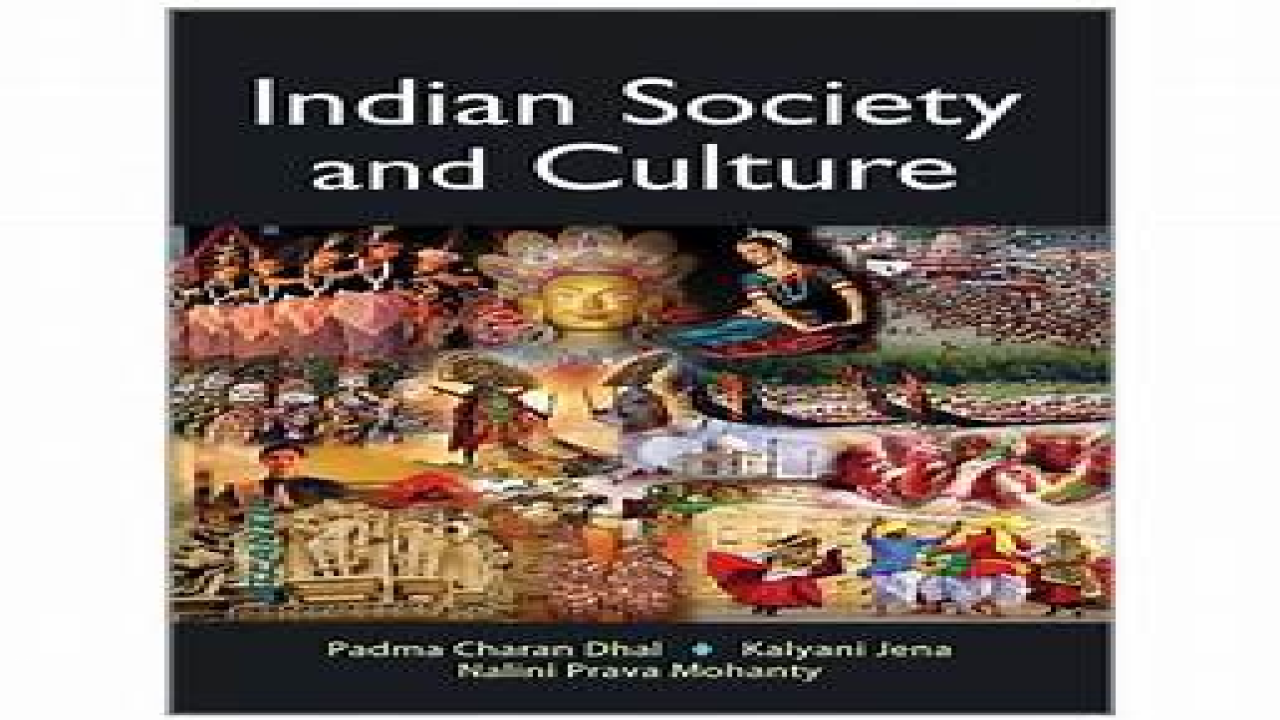Indian Society And Culture
India has a rich cultural heritage that spans over thousands of years. The country’s cultural diversity is reflected in its art, music, literature, language, religion, and traditions.
History of Indian Society
The history of Indian society dates back to the Indus Valley Civilization, which existed from 2600 BCE to 1900 BCE. The civilization was characterized by advanced urban planning, trade, and agriculture. It was followed by the Vedic period, which lasted from 1500 BCE to 500 BCE, during which the Vedas, the oldest sacred texts of Hinduism, were composed.
The Mauryan Empire, founded in 321 BCE by Emperor Chandragupta Maurya, was a major period of Indian history, marked by significant advancements in art, architecture, and governance. The Gupta Empire, which lasted from 320 CE to 550 CE, was another period of great cultural and intellectual achievements, including in the fields of mathematics, astronomy, and literature.
The medieval period, from the 8th century CE to the 18th century CE, was marked by the arrival of Islam in India, as well as the rise and fall of several kingdoms and empires. It was also a period of significant cultural exchange, with the development of Indo-Islamic art and architecture.
The British colonial period, which lasted from the mid-18th century to 1947, had a significant impact on Indian society, including in the areas of politics, economy, and culture. It was marked by the Indian Independence movement, led by figures such as Mahatma Gandhi and Jawaharlal Nehru, which ultimately led to India’s independence from British rule in 1947.
Types of Indian Society
Indian society is characterized by its cultural diversity, with several distinct cultural and linguistic groups. Some of the major types of Indian society include:
- Hindu Society: Hinduism is the dominant religion in India, and Hindu society is characterized by its caste system, which places people into distinct social classes based on birth and occupation.
- Muslim Society: Muslims form a significant minority in India, and Muslim society is characterized by its religious beliefs and practices, as well as its distinct art and architecture.
- Tribal Society: India has a large number of tribal communities, each with their own distinct culture, language, and traditions.
- Urban Society: India’s urban society is characterized by its modern, cosmopolitan culture, and is home to a diverse range of people from different cultural and linguistic backgrounds.
Examples of Indian Society
There are many examples of India’s rich cultural heritage, including:
- Art and Architecture: Indian art and architecture are characterized by their intricate designs, vibrant colors, and unique styles. Examples include the Taj Mahal, the Ajanta and Ellora Caves, and the temples of Khajuraho.
- Music and Dance: Indian music and dance are characterized by their diverse styles and regional variations. Examples include classical music and dance forms such as Bharatanatyam, Kathak, and Hindustani classical music.
- Literature: Indian literature is characterized by its diverse range of genres, including poetry, drama, and fiction. Examples include the works of Rabindranath Tagore, Vikram Seth, and Arundhati Roy.
- Festivals and Traditions: India has a rich tradition of festivals and traditions, including Diwali, Holi, and Dussehra, which are celebrated with great enthusiasm and fanfare.
Issues Associated with Indian Society
While India’s cultural heritage is a source of pride, there are also several issues associated with Indian society. Someof these issues include:
- Caste System: India’s caste system, although officially abolished, still has a significant impact on social and economic opportunities for individuals, particularly those from lower castes.
- Religious Tensions: India has a history of religious tensions, particularly between the Hindu and Muslim communities. This can lead to social and political unrest and conflicts.
- Gender Inequality: India has a significant gender inequality problem, with women facing discrimination in areas such as education, employment, and healthcare.
- Modernization and Globalization: India’s rapid modernization and globalization have led to significant cultural changes and challenges, particularly in urban areas. This can create tensions between traditional and modern values and ways of life.


